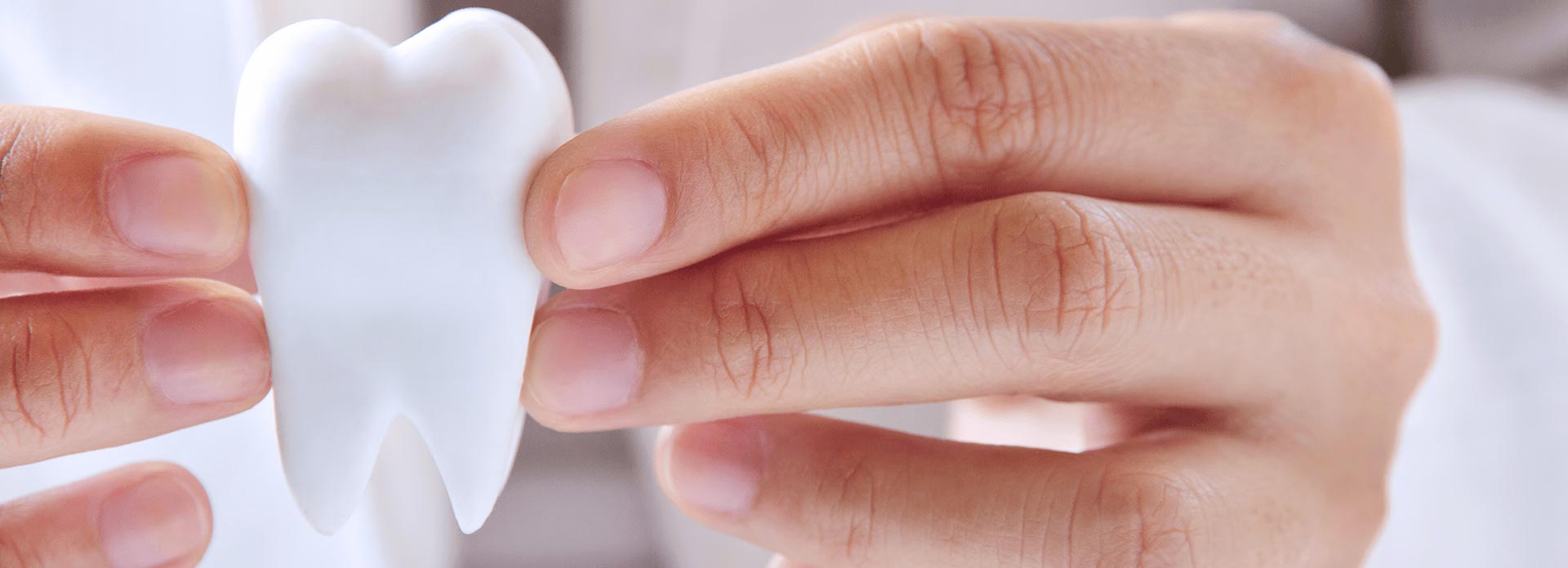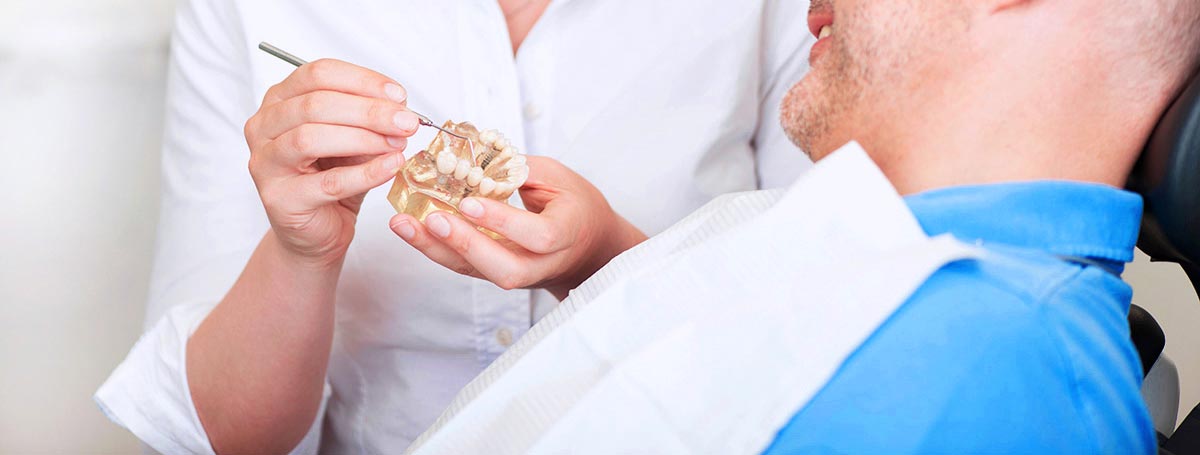Dental Implants – Post-Treatment Care
If you have had your wisdom teeth taken out, you will already be familiarized with the feeling after an implant surgery. The first three days after your implants are placed; you will most likely feel somewhat sore. Your mouth and cheek might be swollen, your jaws might not open as wide as usual, and light bleeding could occur during the first 24 hours. We will prescribe you adequate medication and painkillers, so make sure you follow our indications precisely. You should also cool the affected area of your face with ice pads during the first three days. On day 4, you switch to hot pads which you apply every four hours for 15 minutes.
Diet
The first day, ingest only cold or lukewarm liquids, then follow a soft diet for three more days. From day 4 or 5 you should be able to eat normally, but avoid chewing with the parts of your jaw that contain the implants. Skip tobacco, alcohol as well as carbonated drinks for two weeks, avoid greasy, acidic and spicy food.
Hygiene
Brush your teeth normally with a soft toothbrush, making sure you do not go too rough over the wound. Avoid spitting and rinsing your mouth too often, as these practices will dissolve the blood clot that forms naturally to support the healing process.
Activities
Avoid touching the implant area with your tongue or fingers. Make sure you sleep with your head elevated the first night after your implant surgery. Stay out of the sun and relax, you should not exercise or make any great physical effort as this might lead to bleeding. In a nutshell: The swim in the sunny pool area will have to wait for a few days.
If bleeding occurs, press an absorbent gauze on the affected area for 30 minutes straight without changing the gauze nor talking. In case the bleeding does not stop or you feel that it is too strong, get in touch with our staff immediately.








